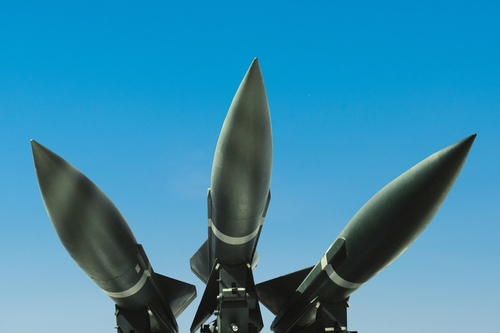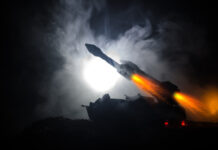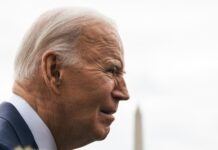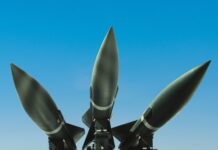
Lebanese Prime Minister Najib Mikati expressed optimism that a ceasefire between Israel and Hezbollah could be reached soon, despite ongoing violence along Lebanon’s southern border. Speaking at a United Nations meeting on September 25, Mikati voiced hopes that diplomatic efforts could stop the hostilities that have ravaged his country and heightened fears of a ground invasion.
Mikati’s remarks come as the conflict between Israel and Hezbollah, backed by Iran, has escalated since October, with daily exchanges of fire shaking Lebanon. Mikati highlighted the critical need for a halt to Israeli airstrikes that have devastated parts of southern Lebanon and led to mass displacement. More than 70,000 Lebanese have fled the conflict zone, and nearly 1,250 civilians have been killed in Israeli attacks since the outbreak of violence.
Photos of huge traffic jams of #Lebanese residents fleeing from the south are published online
Earlier, #Israeli Prime Minister Netanyahu released a video message in which he called on Lebanese residents to leave their homes until the IDF operation is over. pic.twitter.com/Or8NoVrAHf
— Voice of the innocent (@AliBukhari10043) September 24, 2024
The United States, France, and other allies have called for an immediate 21-day ceasefire to create space for diplomatic negotiations and to prevent the conflict from spiraling into a broader regional war.
Mikati supported these efforts but noted that the real challenge would be securing Israel’s commitment to the ceasefire and enforcing international resolutions. Israel has been preparing its military for potential ground operations, increasing concerns that the conflict could expand further.
Ibrahim Aqil, #Hezbollah top military leader, who was targeted today by #Israel was involved of the attack on the American embassy in Beirut, #Lebanon in 1983, and he was also responsible of the assassination of the former Lebanese prime minister Rafic al-Hariri in… pic.twitter.com/58UWmwKTLx
— 𝘈𝘣𝘥𝘶𝘭𝘭𝘢𝘩 𝘈𝘭𝘴𝘢𝘥𝘰𝘶𝘯 (@mtaglf) September 20, 2024
Israel, for its part, has prioritized neutralizing Hezbollah, which it considers a direct threat to its northern border. The Israeli military has conducted numerous airstrikes targeting Hezbollah positions, reportedly killing several of the group’s commanders. Hezbollah, in retaliation, has fired rockets at Israeli military sites, although Israeli casualties have remained limited. The group has sustained heavy losses, including the destruction of communications systems in a recent Israeli strike.
Despite the violence, Israeli officials have expressed willingness to explore a diplomatic resolution. Israel’s UN ambassador, Danny Danon, stated that while Israel remains open to ceasefire negotiations, any peace agreement must address Iran’s role in fueling regional tensions. Tehran’s support for Hezbollah, Danon claimed, is at the root of the conflict.
The humanitarian toll in Lebanon continues to rise as hospitals struggle to cope with the influx of casualties. Israeli airstrikes this week alone killed more than 550 people, making it one of the deadliest periods in the country since its civil war ended in 1990. Lebanese officials and international bodies, including the United Nations, have urgently called for de-escalation to prevent further civilian suffering.
As the conflict rages, international leaders fear that Lebanon, already crippled by economic collapse, could plunge deeper into chaos. Hezbollah’s political influence in the caretaker government complicates efforts to form a united national response. The situation remains fragile, but there is cautious optimism that diplomatic channels may yet succeed in securing a temporary pause in the fighting.













F-THE UN. They are a Muslim run, backed organization that the USA should defund and pull out of.